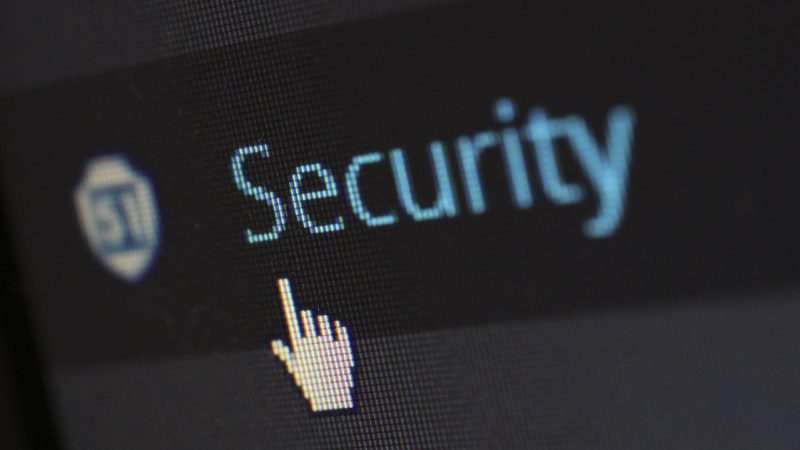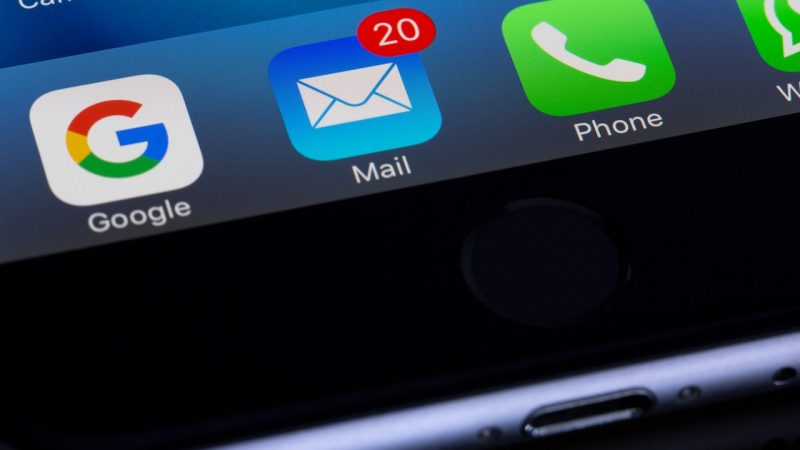Step Up Your Online Security Game: 5 Expert Tips for Protecting Your Data
In today’s digital age, online security is more important than ever. From personal information to financial data, we rely on the internet to store and access a wide range of sensitive information. Unfortunately, this also makes us vulnerable to potential threats such as hackers, phishing attacks, and data breaches.

As a result, it’s essential to take steps to protect your data and safeguard your online activities. Here are 5 expert tips for stepping up your online security game:
Use Strong and Unique Passwords
One of the most basic yet effective ways to protect your online accounts is to use strong and unique passwords. This means using a combination of letters, numbers, and special characters, and avoiding using the same password for multiple accounts. It’s also a good idea to use a password manager to generate and store your passwords securely.
Enable Two-Factor Authentication
Two-factor authentication (2FA) adds an extra layer of security to your online accounts by requiring you to enter a code in addition to your password when logging in. This code is typically sent to your phone or email, and can help prevent unauthorized access to your accounts even if your password is compromised.
Be Careful What You Click
Phishing attacks are a common method used by hackers to trick users into entering their login credentials or personal information. To protect yourself, be careful what you click on and avoid clicking on links in emails or online that look suspicious. If you receive an email from a company or individual you don’t recognize, it’s a good idea to verify the authenticity of the email before clicking on any links or providing any personal information.
Use a Virtual Private Network (VPN)
A virtual private network (VPN) is a tool that encrypts your internet connection and hides your IP address, making it more difficult for hackers to track your online activities. This can be particularly useful when using public Wi-Fi networks, as they are often unsecured and vulnerable to potential threats.
Keep Your Devices Up to Date
Finally, it’s important to keep your devices up to date with the latest software and security updates. These updates often include patches for vulnerabilities that can be exploited by hackers, so it’s essential to stay current to protect yourself.
Online security is of the utmost importance in today’s digital age, as we rely on the internet to store and access sensitive information such as personal and financial data. To protect ourselves against potential threats like hackers, phishing attacks, and data breaches, it is important to take a number of proactive measures. These include using strong and unique passwords, enabling two-factor authentication, being cautious about what we click on, using a virtual private network (VPN) to encrypt our internet connection and hide our IP address, and keeping our devices up to date with the latest software and security updates. By following these expert tips, we can effectively safeguard our data and online activities and protect ourselves against potential threats.




